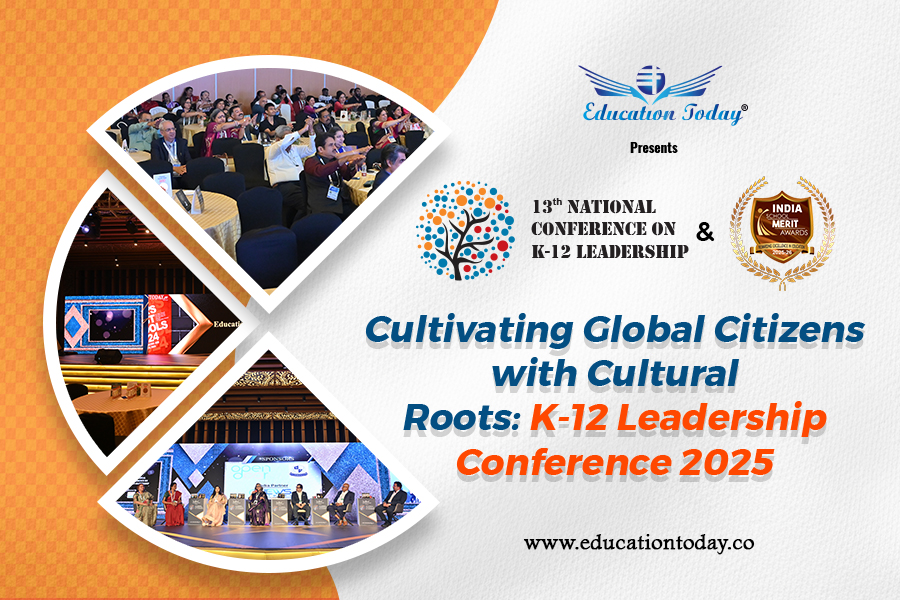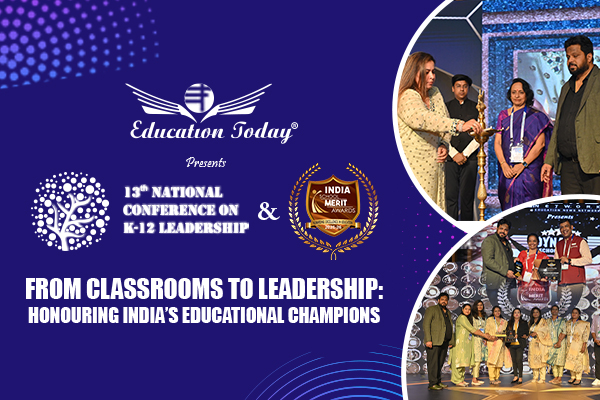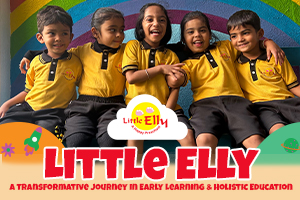Inclusion Through Unified Sports: How Schools Are Building Diversity and Empathy
Sports have long been celebrated for their ability to bring people together—whether it’s teammates striving for victory or fans cheering from the sidelines. But on school campuses around the world, unified sports in schools are doing more than just building team spirit—they’re breaking down barriers, fostering understanding, and creating lasting bonds between students of all abilities through inclusive sports programs.
Welcome to the world of Special Olympics Unified Sports, where inclusion isn’t just an idea—it’s a way of life.
But the impact goes far beyond the scoreboard. These programs build empathy, connection, and social understanding. They redefine what it means to be a teammate and challenge the outdated assumption that differences divide us. On the contrary—differences strengthen the team, the school, and the community.
Unified Sports don’t just level the playing field—it expands it. It’s one of the most impactful education strategies for promoting disability inclusion in schools and fostering empathy through sports.
UCS focuses on three core components:
Schools that adopt this model report noticeable improvements—not just in how students interact, but in how they see themselves and others. It’s a blueprint for transforming a school from the inside out with inclusive school activities that reach beyond sports.
Leadership opportunities help all students—both with and without disabilities—develop critical life skills like:
Many schools also create inclusion clubs or student committees to keep the conversation going. These spaces allow students to brainstorm, address challenges, and celebrate successes together, making inclusion a daily practice, not just an event.
Adaptive sports for students don’t dilute competition—they redefine it. Rules, equipment, and formats are adapted to reflect the diverse needs and abilities of all participants. For example:
By prioritizing teamwork and communication over points and trophies, Unified Sports fosters a deeper sense of belonging and mutual respect among students. This is the true value of sports and social inclusion.
Building a truly inclusive school environment requires deliberate efforts to educate, inform, and inspire. Schools can:
Success stories can be shared in:
Research from organizations like KMAN Publications has shown that students involved in Unified Sports report:
It’s a movement grounded in the belief that everyone deserves a chance to lead, to play, and to belong. That when students of different backgrounds and abilities come together, they don’t just learn about each other—they learn from each other.
Unified Sports is not about charity. It’s about equity. It’s not about giving someone a chance—they already have what it takes. It’s about opening the door and saying, “Come in. You’re part of the team.”
It challenges us to look beyond labels and see the potential in every student. It reminds us that diversity isn’t a challenge to overcome—it’s a strength to celebrate.
By embracing inclusion through sports, we give students the tools they need not just to succeed—but to lead with empathy, advocate for others, and help shape a world where everyone is welcome.
Because in the end, it’s not just about winning games—it’s about winning hearts, opening minds, and building schools where everyone plays, everyone grows, and everyone belongs.
Welcome to the world of Special Olympics Unified Sports, where inclusion isn’t just an idea—it’s a way of life.
What Are Unified Sports?
Unified Sports, a program pioneered and promoted by Special Olympics, brings together students with and without intellectual and developmental disabilities (IDDs) to play on the same team. The goal? Simple: inclusion through play.But the impact goes far beyond the scoreboard. These programs build empathy, connection, and social understanding. They redefine what it means to be a teammate and challenge the outdated assumption that differences divide us. On the contrary—differences strengthen the team, the school, and the community.
Unified Sports don’t just level the playing field—it expands it. It’s one of the most impactful education strategies for promoting disability inclusion in schools and fostering empathy through sports.
A Partnership for Inclusion
Starting a unified sports in schools program might sound like a major undertaking, but schools don’t have to go it alone. Special Olympics has developed the Unified Champion Schools (UCS) model—a comprehensive framework to help educators, administrators, and students build inclusive athletic programs.UCS focuses on three core components:
- Inclusive Sports – creating teams that feature students of all abilities.
- Youth Leadership – empowering students to lead efforts that promote acceptance.
- Whole-School Engagement – fostering a culture of inclusion throughout the school.
Schools that adopt this model report noticeable improvements—not just in how students interact, but in how they see themselves and others. It’s a blueprint for transforming a school from the inside out with inclusive school activities that reach beyond sports.
Why Student Leadership Matters
One of the most powerful features of Unified Sports is the emphasis on student leadership in sports. When students are encouraged to take on leadership roles—whether organizing events, serving as peer mentors, or leading awareness campaigns—they don’t just support the program; they shape it.Leadership opportunities help all students—both with and without disabilities—develop critical life skills like:
- Communication
- Teamwork
- Problem-solving
- Responsibility
Many schools also create inclusion clubs or student committees to keep the conversation going. These spaces allow students to brainstorm, address challenges, and celebrate successes together, making inclusion a daily practice, not just an event.
Adapted Sports: Inclusive and Competitive
A common misconception about inclusive sports programs is that they require lowering expectations. In reality, it’s about meeting students where they are and giving everyone a meaningful role on the team.Adaptive sports for students don’t dilute competition—they redefine it. Rules, equipment, and formats are adapted to reflect the diverse needs and abilities of all participants. For example:
- Basketball hoops may be lowered.
- Games may be shortened to reduce fatigue.
- Rules may be modified to encourage more cooperative play.
By prioritizing teamwork and communication over points and trophies, Unified Sports fosters a deeper sense of belonging and mutual respect among students. This is the true value of sports and social inclusion.
Changing the Culture of Schools
Unified Sports has the power to shift the culture of an entire school. But that change doesn’t happen on the field alone—it happens in classrooms, hallways, and everyday interactions.Building a truly inclusive school environment requires deliberate efforts to educate, inform, and inspire. Schools can:
- Host disability awareness assemblies.
- Offer workshops for staff on inclusive practices.
- Create classroom lessons around empathy, kindness, and respect.
- Celebrate Inclusion Week or Unified Sports Day to spotlight achievements and progress.
Highlighting and Celebrating Success
Recognition is a powerful motivator. When schools celebrate the accomplishments of Unified Sports teams and individual participants, they send a clear message: every student matters.Success stories can be shared in:
- School newsletters
- Social media posts
- Local news outlets
- School assemblies
Tracking Impact Beyond the Field
It’s important to measure the success of these programs—not just in points scored, but in hearts changed.Research from organizations like KMAN Publications has shown that students involved in Unified Sports report:
- Increased self-esteem
- Stronger social skills
- A more positive school experience
- Reduced feelings of isolation
More Than a Game—A Movement
In a time when inclusivity and understanding are more important than ever, Unified Sports offers a blueprint for the future.It’s a movement grounded in the belief that everyone deserves a chance to lead, to play, and to belong. That when students of different backgrounds and abilities come together, they don’t just learn about each other—they learn from each other.
Unified Sports is not about charity. It’s about equity. It’s not about giving someone a chance—they already have what it takes. It’s about opening the door and saying, “Come in. You’re part of the team.”
Conclusion: A Game Worth Playing
Unified Sports is more than a program—it’s a call to action for educators, students, and communities.It challenges us to look beyond labels and see the potential in every student. It reminds us that diversity isn’t a challenge to overcome—it’s a strength to celebrate.
By embracing inclusion through sports, we give students the tools they need not just to succeed—but to lead with empathy, advocate for others, and help shape a world where everyone is welcome.
Because in the end, it’s not just about winning games—it’s about winning hearts, opening minds, and building schools where everyone plays, everyone grows, and everyone belongs.






